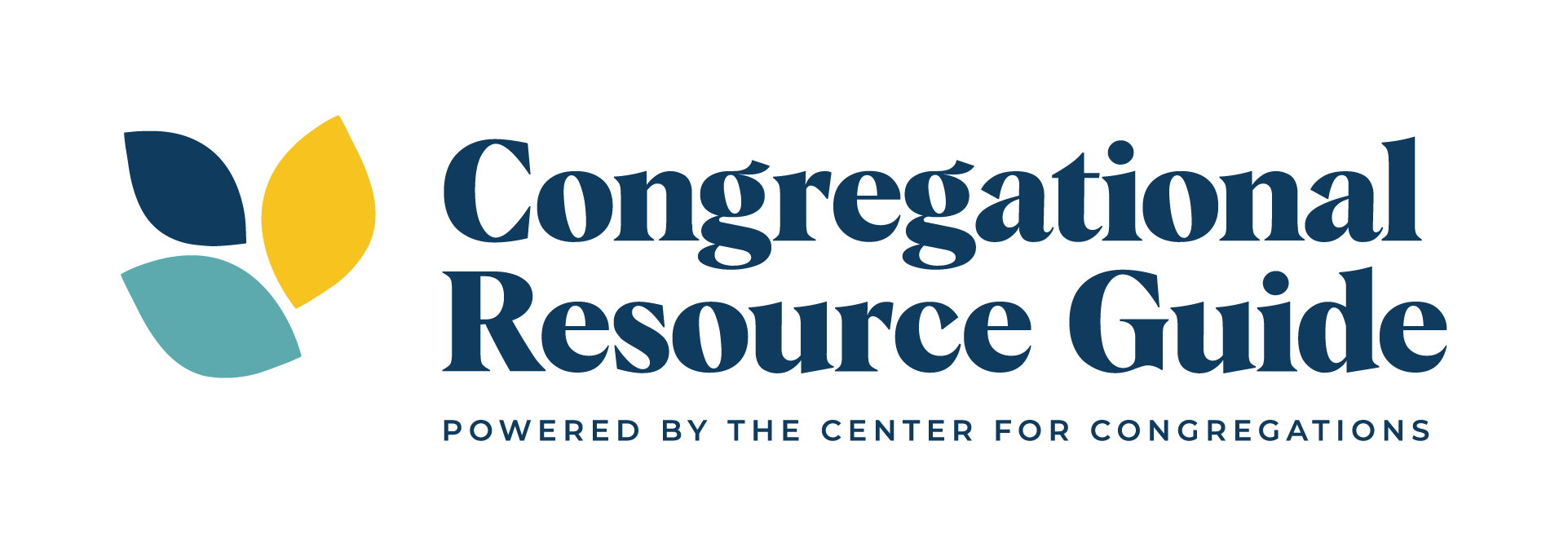Many elements make you the person you are. You are shaped by your race, your geographic location, and your genetic structure. Your personality is formed by your family, your friends, and the choices you make along the way. You are influenced by education, social affiliations and friendships.
All of us are formed by the company we keep. The company we keep includes the congregation you attend. Whether you are aware of it or not, the activities of your congregation create certain thoughts, feelings and behaviors that make you who you are. In this way, your congregation has formative power.
Life together
I was reminded of the importance of being part of a religious community when a clergy person described a project happening in his congregation. He told me about a booklet being produced by the staff called Rule of Life. The Rule of Life is a guidebook outlining what it means to be part of the congregation.
The pastor says, “We want to encourage people to live a certain way of life.” Part of the guidebook is written as a catechism with answers to be learned and recited. Other parts of the guide describe specific practices in which one participates as a member of the congregation: at noon every day we are going to pray this Psalm.
If you read Psalm 23 every day, that Psalm is going to become part of who you are. The virtue of trust represented in the lines of the Psalm will more likely become part of your heart, mind and soul.
What elements are most formative in a congregation?
Of course, it depends on the particular congregation. I have observed and experienced the following activities having a positive impact on adherents:
- Testimony, telling the story of their lives
- Religious practices, particularly worship, prayer, singing, study of scripture, and rites of passages or sacraments
- Reflection on practice: not just doing things but thinking about their impact with others
- Relationships including across generations
- Liminal experiences: pilgrimages, mission trips, cross-cultural experiences, spiritual retreats
Sharing stories
Here is an exercise to consider doing with a congregational board, team or class.
Remember a time when a congregational experience formed or reinforced a positive attribute in you. Write down the experience. Take turns sharing the stories out loud. Listeners are invited to ask open, curious questions to enhance group reflection. What themes are evident? What further growth might the congregation support?
Resources you can use
To consider this subject more, look at these resources: the books In Search of Wisdom, Community: The Structure of Belonging, and Living into Community.



